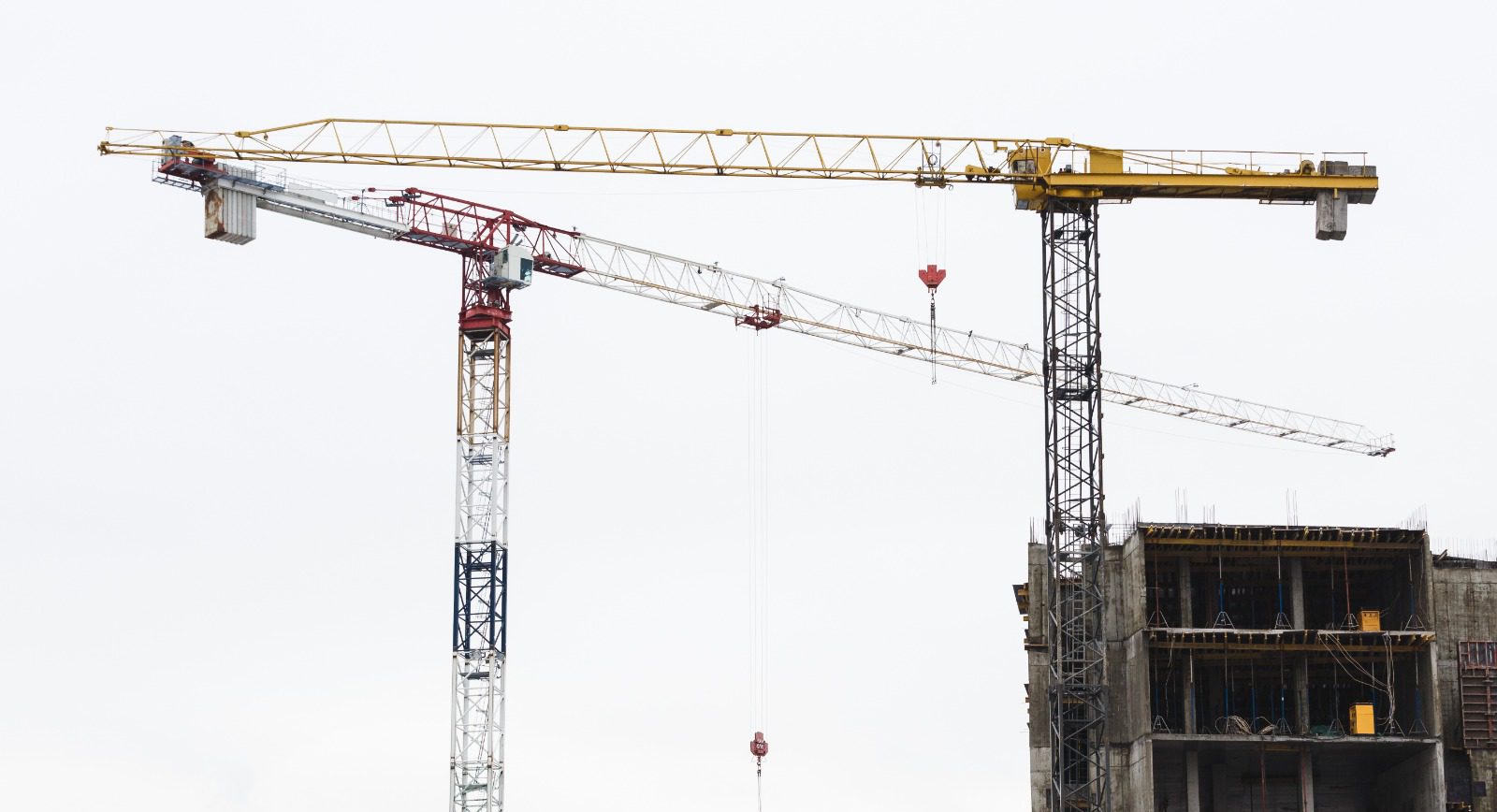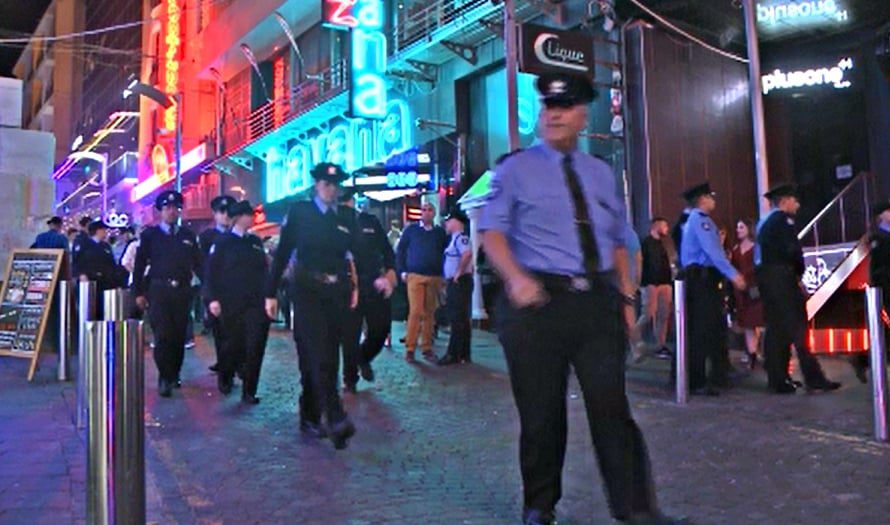The Malta Chamber of Construction Management (MCCM) has reiterated its call to regulate construction project managers (CPM) through a professional warrant, following the findings of professional shortcomings within the industry revealed in the magisterial inquiry into the death of Jean Paul Sofia.
The MCCM represents local CPMs and others within the construction industry at various supervisory and management levels. In 2021, it had for the first time called for CPMs be regulated through a professional warrant, akin to other professionals operating in the industry with a background of experience and academic preparation.
“This would avoid situations such as listed in item 10.11 of the magisterial inquiry, where particular key experts on the project had no technical qualifications to perform that role,” read the MCCM’s statement.
The section referenced in the magisterial inquiry described a situation in which neither did the site manager did have any technical qualifications required for the job at hand, nor did the developer.
The MCCM explained that the CPM would ensure all personnel involved with the development would have all the required skills to avoid a number of issues mentioned in the magisterial inquiry and would take responsibility for the management of the project.
From a health and safety perspective, the MCCM explained that the CPM’s expertise would enable them to make informed decisions and intervene when necessary to halt work in potentially hazardous situations.
Furthermore, it referred to the potential implementation of an electronic system overseen by the CPM, which would equip registered employees with identifiable tags on their visibility vests and would be granted access through a turnstile system.
“While some may perceive the appointment of a professional and accredited CPM for all the stage of the project’s lifecycle as an added expense, it is essential to emphasise that such an investment is imperative to instil professional conduct within the industry,” added the MCCM.
The organisation cautioned that the ramifications of subpar practices extended beyond physical injury or structural damage, as it also affected the buildings’ occupants, who endure the outcome of compromised quality and design.
It added that the construction industry lacked a comprehensive quality control mechanism that assessed expected performance against actual outcomes.
“As things are, there is a real risk of having a property market in which quality takes a backseat and authorities’ vigilance may appear lax.”
St Julian’s registers highest numbers of thefts in bars, restaurants and hotels in the first 3 months of 2024
The figures were tabled in Parliament on Tuesday
Taxi and cab operators pull in almost €50 million in 2023
The industry has more than doubled revenues since 2019
Pjazza 1902: Restored landmark transformed into a vibrant hub for dining, leisure and fitness
Built in 1902, the historical site has been painstakingly restored to its former glory & reopened as an entertainment hub






